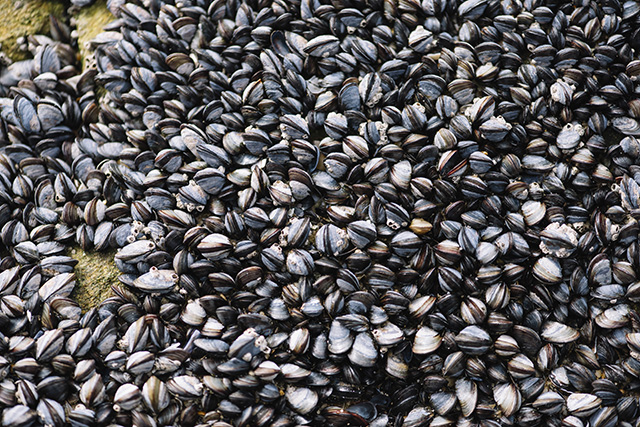Industry propaganda: New Food Evolution movie called out by experts for promoting corporate agenda, GMOs, agrichemicals
02/11/2018 / By Tracey Watson

According to the Cambridge Dictionary, propaganda can be defined as “information, ideas, opinions, or images, often only giving one part of an argument, that are broadcast, published, or in some other way spread with the intention of influencing people’s opinions.” By that definition, the movie Food Evolution is nothing more than straight-up propaganda for Big Agri companies like Monsanto and DuPont.
Though it claims to fairly examine both sides of the argument regarding genetically modified organisms (GMOs), the film is heavily slanted in favor of the use of genetic engineering, and presents any argument questioning this technology as “pseudoscience.”
Unfortunately, US Right to Know (USRTK) warns that this documentary is likely to carry clout and be viewed by a large audience, since it was directed by Academy Award-nominated director Scott Hamilton Kennedy, and narrated by Neil deGrasse Tyson, a well-known American astrophysicist. (Related: Neil deGrasse Tyson caught lying again, blurring distinction between GMOs and selective breeding.)
Though on the surface it might appear to be an unbiased look at GMOs, just a little digging reveals all sorts of industry ties, and it soon becomes obvious that Food Evolution’s sole purpose is to serve as a platform for industry messaging and propaganda.
The film was officially sponsored by the Institute for Food Technologies (IFT), which is a trade group that is at least partly funded by Big Food. In addition, when the film was originally planned back in 2014, IFT’s president was a former Monsanto and DuPont executive named Janet Collins. She now works for the pesticide trade association, CropLife America.
While both the film’s director and producer insist that it conveys all points of view regarding GMOs, and that it represents the results of a completely independent investigation, the only science and scientists that are presented as credible in the documentary are those that support genetic engineering. All other points of view are ignored or dismissed as unscientific.
One of the strongest points the film seeks to convey is the idea that glyphosate – the main ingredient in Monsanto’s toxic weed killer, Roundup – is absolutely safe. From an industry perspective it is vitally important to change the public’s perception of glyphosate, since most GM crops (between 80 and 90 percent) are adapted to tolerate being bathed in this chemical.
One farmer interviewed for the film even stated as a fact that glyphosate has “very, very low toxicity; lower than coffee, lower than salt.” And when asked a question about the link between glyphosate and cancer, Monsanto’s executive vice president and chief technology officer, Robb Fraley, dismissed any science confirming such as a link as “pseudoscience.”
In reality, however, there is strong evidence of a link between glyphosate and certain types of cancer – and those sounding the alarm are respected scientists. (Related: Discover what they’re trying to hide from you at Glyphosate.news.)
As USRTK reported:
There is no mention of the carcinogenicity concerns that are engulfing Monsanto in an international science scandal, or the many farmers who are suing Monsanto alleging they got cancer from the company’s glyphosate-based Roundup herbicide.
There is no mention of the 2015 report by the World Health Organization’s cancer agency that classified glyphosate as a probable human carcinogen, or California’s decision to add glyphosate to the Prop 65 list of chemicals known to cause cancer, or the peer-reviewed studies that have linked various adverse health outcomes to glyphosate and Roundup.
The film was also quick to dismiss the study of French scientist, Gilles-Eric Séralini – which confirmed that rats fed GMO corn went on to develop kidney problems and cancerous tumors – stressing that the study was retracted. It failed to mention, however, that the editor of the journal that retracted the study was on Monsanto’s payroll, or the fact that the study was later republished. (Related: Editor of science journal that forced retraction of Seralini GMO study entered a promotional contract with Monsanto right before smearing the research.)
Rather than expecting Food Evolution to provide a fair, unbiased investigation into the merits and dangers of GMOs, we should all recognize it for what it is: damage control for an industry that is taking a knock because consumers are starting to wake up to the dangers of genetic engineering.
Sources include:
Tagged Under: Big Agri, dangerous chemcials, DuPont, environment, Food Evolution, food safety, food science, food supply, glyphosate, GMO, harvest, industry messaging, ingredients, Monsanto, propaganda, skeptics
RECENT NEWS & ARTICLES
COPYRIGHT © 2017 TOXINS NEWS




















